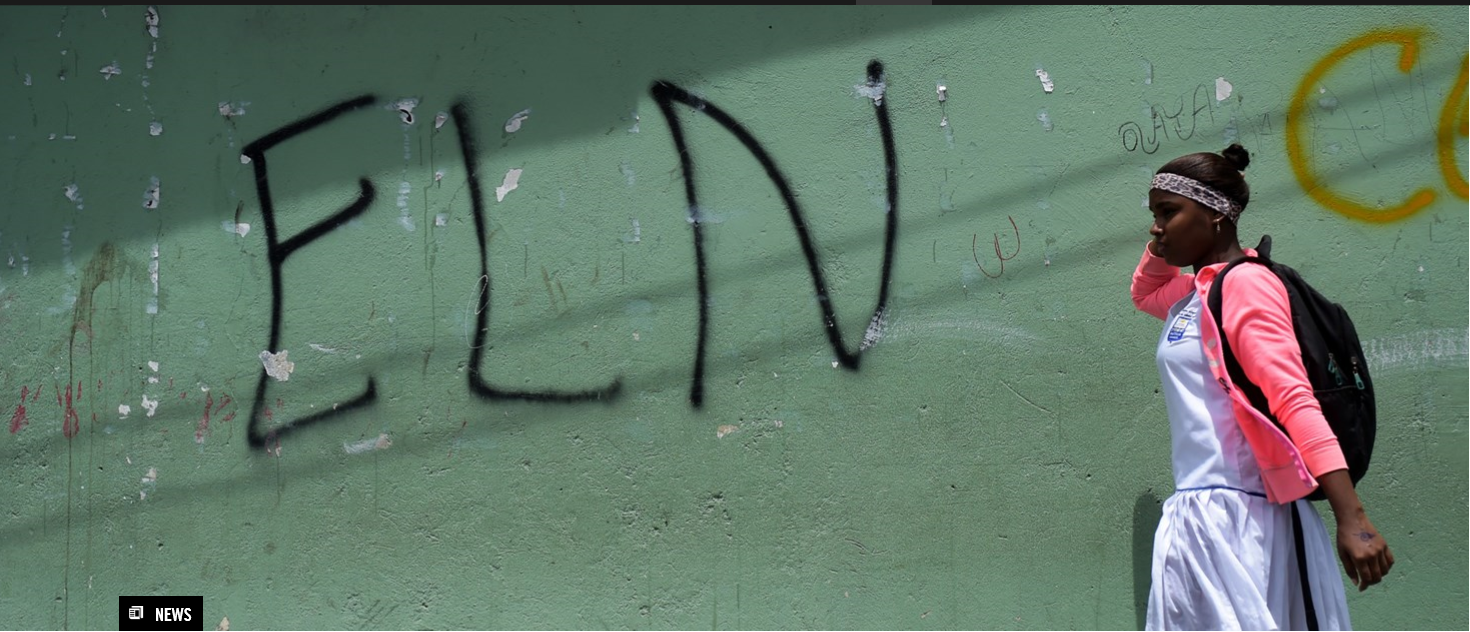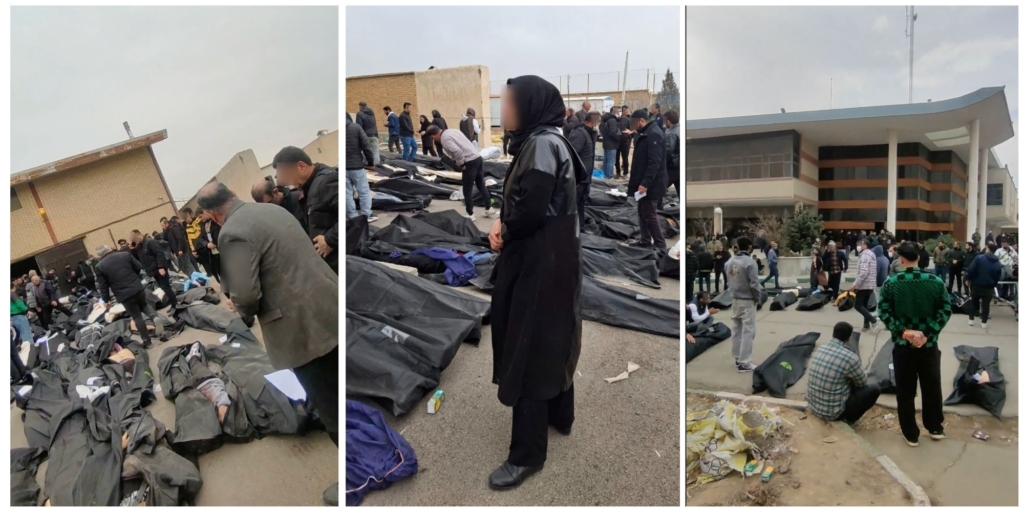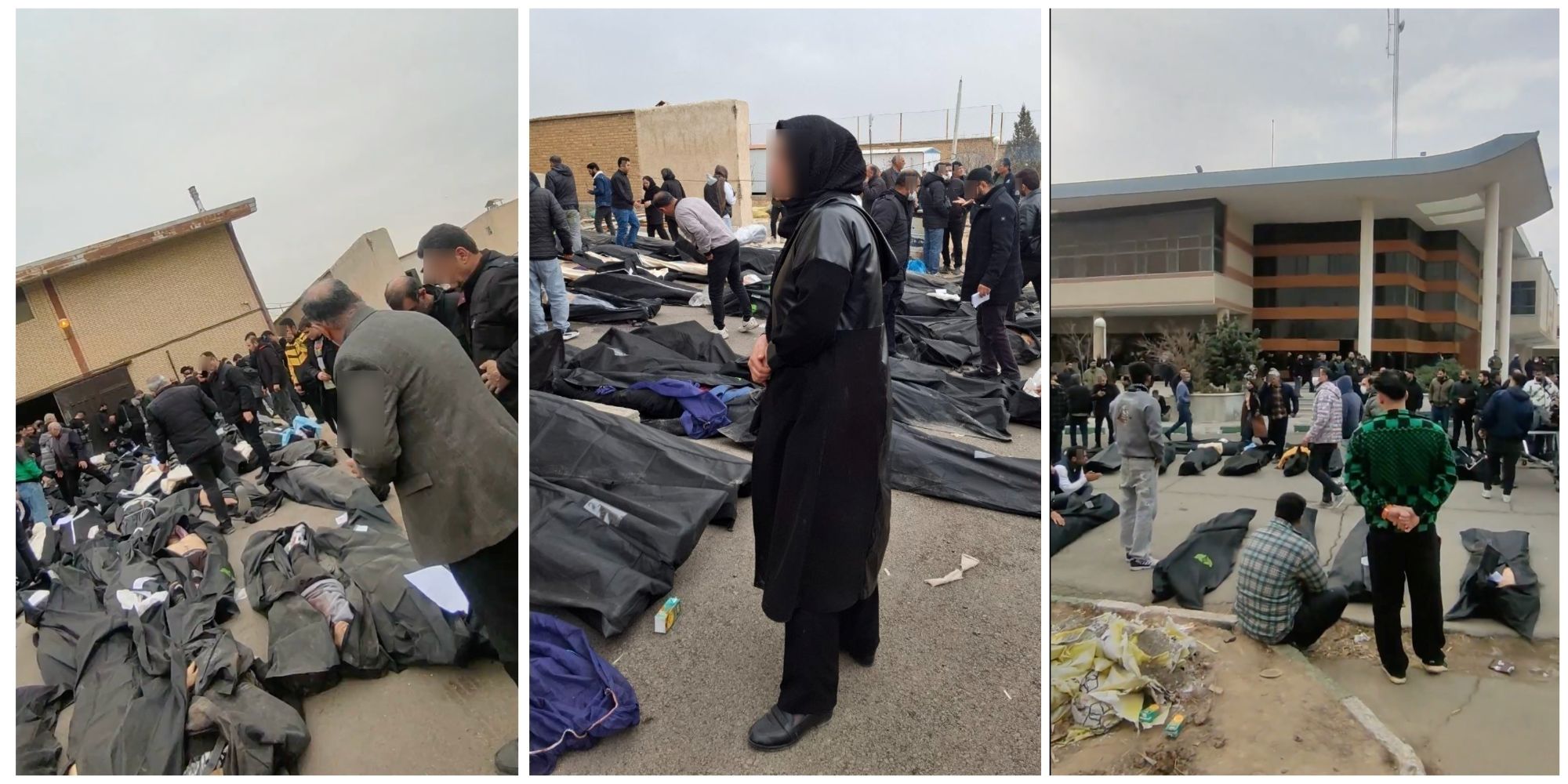In the face of a wave of forced displacement in several parts of the country the Colombian state must guarantee the rights of displaced persons and provide protection to several communities that remain at risk, Amnesty International said today.
Between 17 and 20 January more than 1,000 people have been forcibly displaced and many more are at risk of displacement due to clashes between different armed groups in the areas of Bajo Cauca, Southern Córdoba and the boundaries between Boyacá and Casanare.
According to a statement published on 22 January by the Colombian Ombudsman’s Office, clashes were sparked between the National Liberation Army (Ejército De Liberación Nacional, ELN) and dissidents from the Revolutionary Armed Forces of Colombia (Fuerzas Revolucionarias de Colombia, FARC) on 17 January at the Black Voice Community Council (Consejo Comunitario La Voz de los Negros), in the Department of Nariño (municipality of Magüi Payán), which caused 172 people to be forcibly displaced. In this same municipality, a clash had already occurred between armed groups last 27 November, which resulted in the death of 13 people. To date, no progress in the investigation of these events has been reported.
Additionally, on 18 January, Plínio Pulgarín, the president of the Community Action Committee of the town of San Pedrito (municipality of San José de Uré), in the department of Córdoba, was murdered by an illegal armed group called “Caparrapos”, which also threatened the community. These events led to the forced displacement of 375 families that same day, according to Ombudsman’s Office reports. This also created latent risk of forced displacement for the inhabitants of the neighbouring Dochama Indigenous Reservation.
On 19 January, in ten towns in the department of Antioquia (municipalities of Cáceres and Caucasia), the Ombudsman’s Office recorded the displacement of 383 people from the Zenú Indigenous Community and other rural communities. This displacement resulted from armed men warning the community that there would be a clash with an illegal armed group from Barro Blanco (municipality of Tarazá). Another 350 families residing in the surrounding areas also face imminent risk of being forcibly displaced.
Furthermore, on 20 January three families were forcibly displaced in the Morcote police inspectorate (municipality of Playa), in the department of Boyacá, due to clashes between law enforcement and the ELN, and other families in the area are also at risk of being displaced. That same day, the Bajo Calima Community Council (Consejo Comunitario Bajo Calima) (municipality of Buenaventura), recorded the presence of ELN groups, which generated fear amongst the people and put five communities at risk of forced displacement.
“There is no end to the armed conflict in Colombia. The Colombian state must strengthen mechanisms for preventing forced displacement caused by clashes between armed groups. It is imperative, in the context of the ELN ceasefire ending, that the human rights of people and communities living in conflict zones are respected,” said Erika Guevara Rosas, Americas Director at Amnesty International.
Since the end of the ceasefire with the ELN on 9 January 2018, armed conflict has intensified in many regions of Colombia. Dozens of cases of forced displacement have been recorded, as well as alarming figures related to the murders of community leaders and human rights defenders in the departments of Antioquia, Córdoba, Cauca and Boyacá as a consequence of clashes between the ELN, paramilitary groups, state security forces and FARC dissidents.
Amnesty International urges the Colombian government to guarantee access to emergency humanitarian aid for people who have been forcibly displaced in these areas, and to ensure that they can access the comprehensive care plan provided by the Victims’ Unit. It is also important to reiterate that the Colombian state must protect the people who continue to be victims of the armed conflict that still persists in several regions of the country.
For further information please contact: Elizabeth Berton-Hunter, Media Relations 416-363-9933 ext 332 or bberton-hunter@amnesty.ca






















